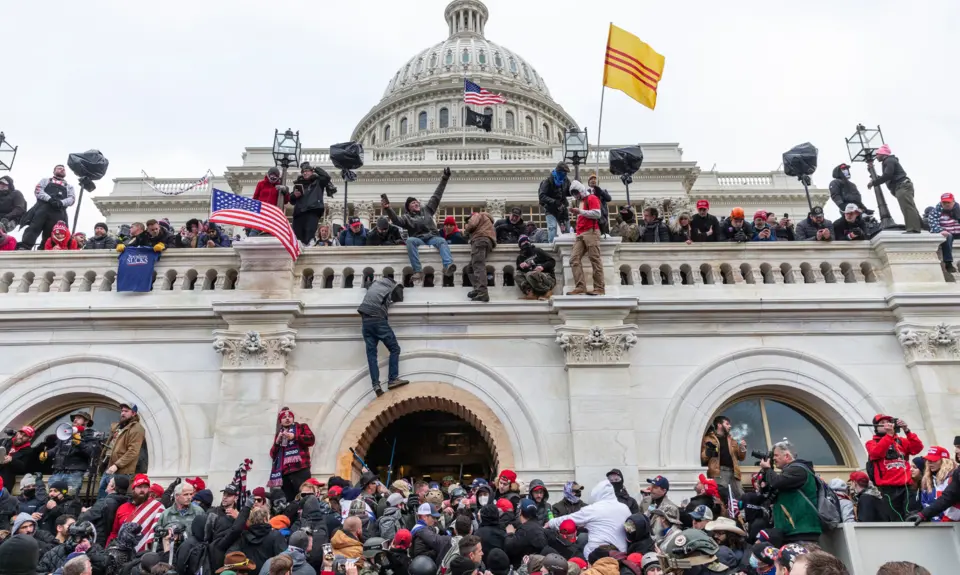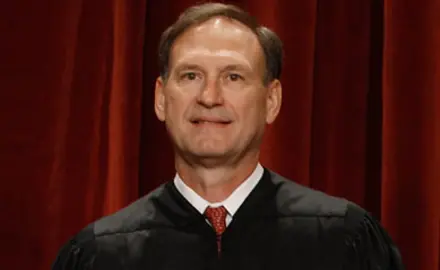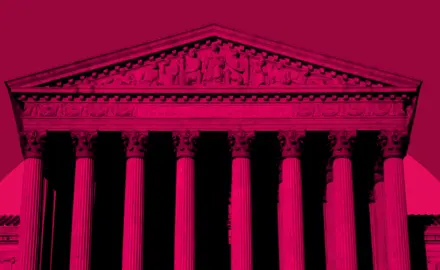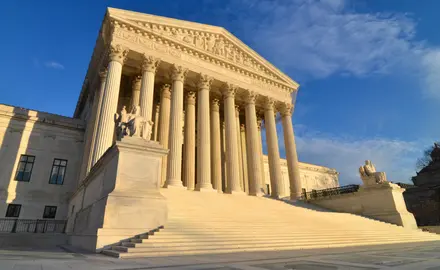Despite the claims of some on the Far Right, the Supreme Court’s June 28 decision in Fischer v US did not produce a “big win” for Donald Trump or the January 6 insurrectionists. Although the 6-3 ruling did narrow the reach of one of the criminal statutes used to prosecute Trump and some of the insurrectionists, the decision was limited and should not interfere with the prosecution of the vast majority of the insurrectionists. This includes Donald Trump, who will need to wait until Monday to see how the Court rules on his separate claim that he is totally immune from prosecution.
What is the background of this case?
According to the government’s indictment of him, Joseph Fischer was one of the Trump supporters who “invaded” the Capitol building on January 6, 2021, “breaking windows” and “assaulting” Capitol police officers. After both houses of Congress recessed, Fischer “trespassed” into the Capitol and got involved in an “altercation” with Capitol police, in which he “pushed” police away from insurrectionists.
In the indictment against Fischer, one of the charges was violating 18 US Code 1512 (c) (2) that any conduct that “otherwise” obstructs an official proceeding violates the law. The Supreme Court decided to review the case.
How did the Supreme Court rule and what is the significance of the decision?
Chief Justice Roberts wrote a 6-3 decision for the Court majority, which also included Justices Thomas, Alito, Gorsuch, Kavanaugh, and Jackson. Roberts rejected the DC Circuit’s broad interpretation of the law, but did not limit it as much as Fischer argued. His opinion held that in order to prove a violation of the statute, the government must establish that an individual attempted to or did “impair[] the availability or integrity for use in an official proceeding of records, documents, objects, or” other things. The dissenters, including Justices Barrett, Kagan, and Sotomayor, maintained that the DC Circuit’s broader interpretation was correct.
Although the Court’s decision obviously has an impact on the prosecution of Fischer and some other January 6 insurrectionists, it should not prevent the prosecution of Donald Trump and almost all the other January 6 defendants. Specifically:
- With respect to Trump, in addition to the other criminal statutes he is charged with violating, most experts and special counsel Jack Smith believe that the Court’s interpretation of 1512 (c)(2) allows prosecution of Trump under that law. This is because Trump’s conduct did involve documents and evidence to be used. In particular, he was charged with attempting to prevent genuine certificates of election from arriving at the Capitol and with getting false elector certificates submitted. As the Court’s opinion specifically states, “it is possible to violate (c)(2) by creating false evidence” to be used in the proceedings.
- Similarly, although more proceedings may be necessary, even those insurrectionists charged under the broader interpretation of the law may be able to be prosecuted under the narrower theory established by the Court majority. Justice Jackson’s concurrence in the opinion suggests that this may include Fischer himself.
- A comprehensive analysis of the ruling and Justice Department data by Just Security concludes that the decision overall will have “minimal impact.” For example, only 24% of the January 6 defendants were charged under (c)(2), and almost all of those were also charged with violating other criminal laws.
Overall, while many obstacles remain, the decision in Fischer should not interfere with justice and accountability for January 6 insurrectionists, including Donald Trump.



